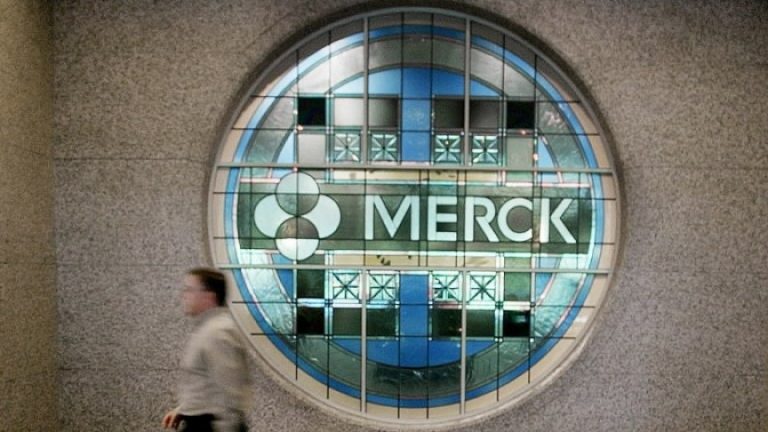
Merck & Co., Inc. (NYSE:MRK) has recently presented at the European Society for Medical Oncology (ESMO) Congress 2016 the results from KEYNOTE-024 and KEYNOTE-021, Cohort G, the two leading clinical trials evaluating Keytruda (pembrolizumab) for the treatment of metastatic non-small cell lung cancer (NSCLC).
Bristol-Myers Squibb Co (NYSE:BMY) has also presented at the ESMO Congress 2016 updated results from CheckMate-057 and CheckMate-017, the two Phase 3 clinical trials evaluating Opdivo (nivolumab) for the treatment of metastatic NSCLC patients.
Merck’s Results
In KEYNOTE-024, Keytruda has demonstrated a 50% risk reduction in disease progression and a 40% risk reduction in fatality. To date, Keytruda is the only anti-programmed-death-1 (anti-PD-1) drug to showcase highly encouraging progression-free survival (PFS) and overall survival (OS) rates.
In KEYNOTE-021, Cohort G, Keytruda combined with chemotherapy has demonstrated a 55% objective response rate (ORR) and a 47% risk reduction in disease progression. To date, Keytruda is the only anti-PD-1 drug combined with chemotherapy to showcase exceptional efficacy.
“Our new data suggest that KEYTRUDA treatment can offer meaningful improvement over chemotherapy in a broad array of patients,” boasted Rogen M. Perlmutter, Ph.D., Merck Research Laboratories President.
Merck has already submitted the results from KEYNOTE-024 to regulators in Europe, Japan, and the US for commercial approval. In the US, Keytruda has been granted a Breakthrough Therapy Designation and Priority Review by the US Food and Drug Administration (FDA). It has a target action date of December 24.
The Keytruda clinical development program includes over 350 clinical trials across over 30 tumor types.
Bristol-Myers Squibb’s Results
Meanwhile, Bristol-Myers Squibb has revealed that both the CheckMate-057 and the CheckMate-017 have not demonstrated new safety signals for Opdivo. Nonetheless, no new Opdivo-related fatalities have also been reported.
Martin Reck, M.D., Ph.D, LungenClinic Grosshansdorf Head of Thoracic Oncology, has explained that Opdivo has showcased potential for durable responses compared to docetaxel. Moreover, the drug has also demonstrated a positive overall health status among patients.
On Tuesday, Merck has closed at $61.93, down by 3.08%. Meanwhile, Bristol-Myers Squibb has ended the session at $49.55, down by 0.52%.




